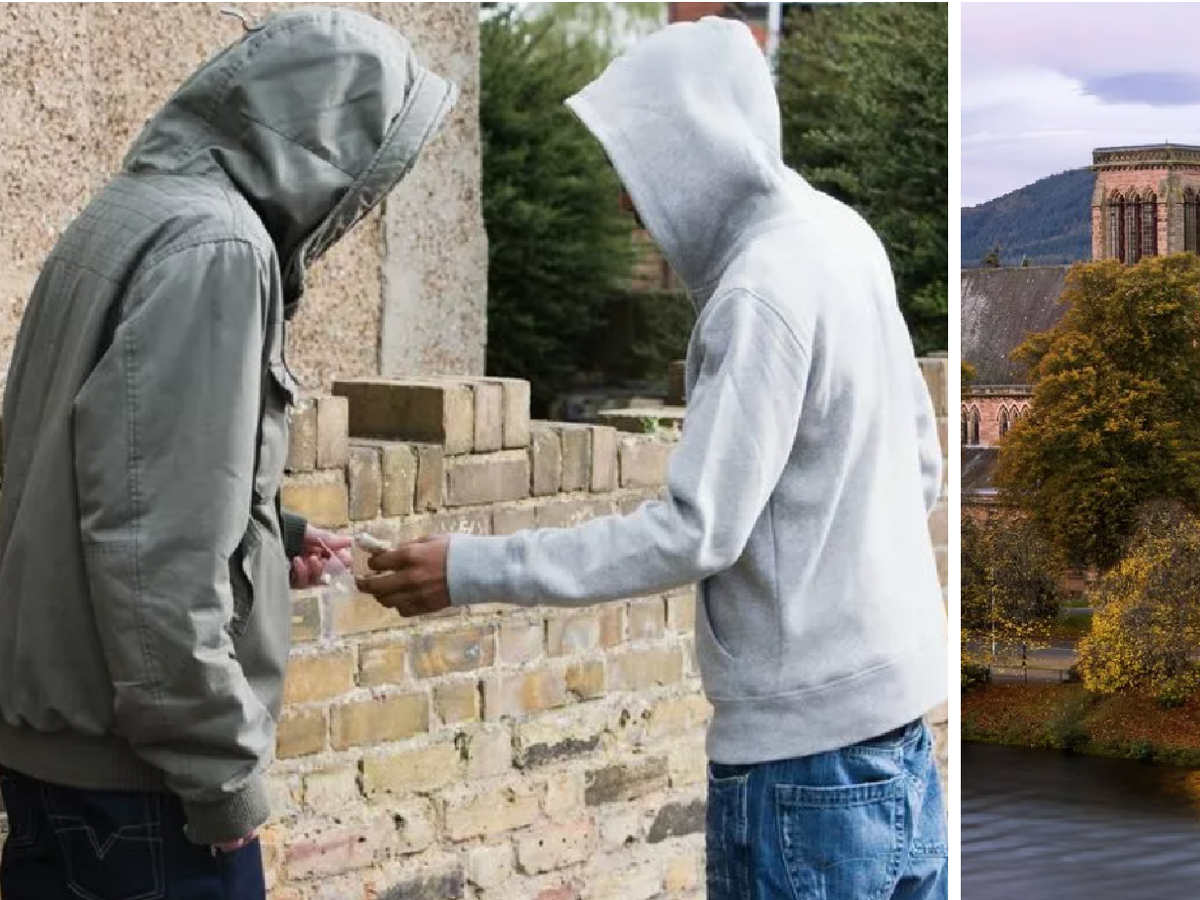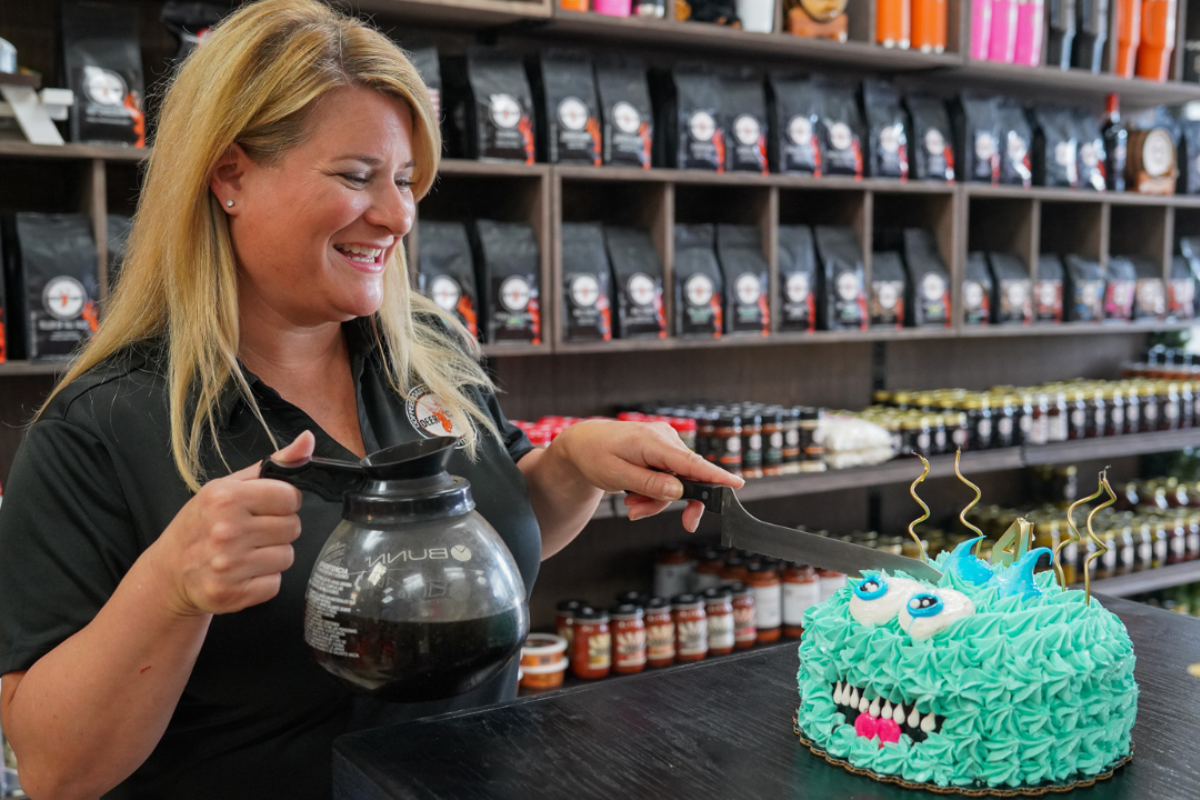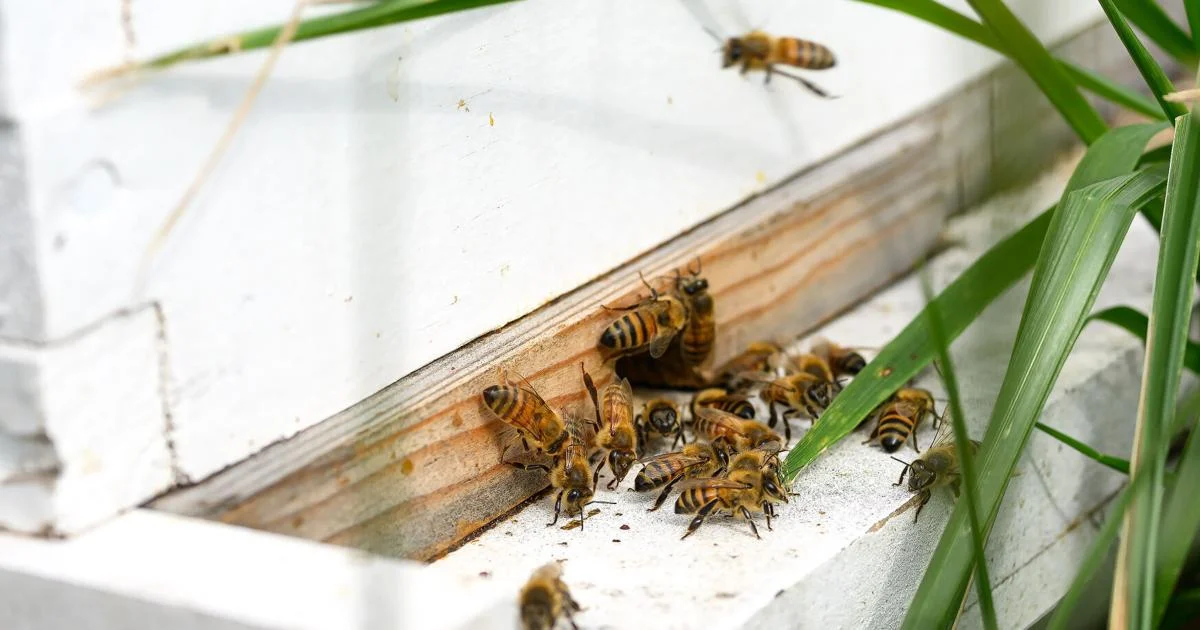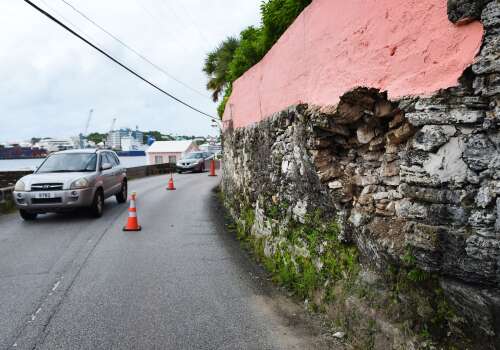By Dan Vevers
Copyright dailyrecord

A spiralling drugs crisis in the Highlands is devastating lives, with county lines criminal gangs moving in and overdose deaths on the rise, the Sunday Mail can reveal. Gangsters from across the UK are being stationed in – Inverness as part of organised crime’s growing footprint in the north of -Scotland. Scottish mortality rates to drug misuse and related deaths are the highest in Europe, 3.5 times higher than England and Wales. That is despite it being revealed last week that 13,000 heroin and opioid deaths were not included on official -statistics south of the Border between 2011 and 2022 – more than 50 per cent higher than previously known. Last year, Highlands and islands cops seized 6300 individual deals of crack cocaine, 1030 of heroin, and more than £30,000 in cash, making more than 90 arrests. The raids came as drug deaths in the region hit a 28-month high between April and June, according to police statistics. County lines gangs – known for exploiting children – traffic illegal drugs between different areas of the UK, with the term coming from dedicated phone lines they use to move product from place to place. Now a leading officer has warned that teens as young as 16 are being sent north from cities like Glasgow , Liverpool and London by drug gangs to claim turf and terrorise locals. DCI Craig Still, of Police Scotland’s Highlands and Islands division, said the “evolving” county lines business model has seen crime bosses using younger associates to flood places like Inverness. He told the Sunday Mail: “We’ve seen older children, aged 16 or 17, who have come to our area working on behalf of a county lines gang to deal drugs. We saw that relatively recently in Inverness. “They will have local contacts in the area. When that group sends a representative to the area, they may be given an overnight address to stay in. “They may be given another address to deal from and maybe a third address to store their drugs in, separate from those other two. “They begin to build up a network in the local area. Whilst we’ve had 16 and 17-year-old children, what we see predominantly is males in their later teens and early 20s. We’ve had some from the Glasgow area, from London, Liverpool, Manchester, the West Midlands. “They tend to be individuals who have been through the justice system in England, may have convictions for violence. They may have gang connections and they may regularly be in possession of weapons.” DCI Still warned thugs often rely on “cuckooing” – targeting the vulnerable, including domestic abuse victims and -pregnant women by taking over their homes to use them as bases to sell and store narcotics. He said: “They operate very much on a kind of grooming model. They come into the address. They may, initially, give drugs for free. They may buy goods for that person, may give them a level of protection against other people they feel at risk from. “That’s how they build up those relationships and reinforce them. “It never fails to shock in terms of what people will do to further their criminality .” However the senior cop also praised the sense of community in the Highlands which has led to -criminals being chased out of town. Local people are also a key source of intelligence in taking down the gangs . At least 10 county lines gangs are known to have operated in -Inverness in recent years but DCI Still said policing and community efforts have cut this number to two. He added: “In local communities, people have stood up to these -individuals and challenged them. “The information that’s then come back to us is it’s too hostile an environment for these individuals to operate it. That’s really pleasing.” It comes as Scotland’s drug deaths epidemic continues to devastate communities. While deaths are lower in the less populated Highlands compared with overdose hotspots like Glasgow and Dundee, 17 suspected deaths were recorded in the region in the first six months of the year, the worst figures since 2022. Demand from addicts for counselling and rehab is often even higher in rural areas like the Highlands. Highlands and Islands MSP Douglas Ross , who is urging -ministers to back his Right to Recovery Bill to improve access to treatment for drug users, said: “It is deeply alarming to see communities in the Highlands being targeted in this way by violent and organised criminal gangs. “They are only intent on making people’s lives a misery through drugs which is sadly costing lives in this region.” The ex-Tory leader added: “Drug deaths are Scotland’s shame on the SNP’s watch, but the crisis often goes unseen in the Highlands and islands. “SNP drugs minister, Maree Todd, represents this area so has a duty to tackle this head-on, and I’ll be raising this with her when I meet her soon.” David Kennedy, chairman of the -Scottish Police Federation, which represents rank-and-file officers, warned falling cop numbers and the geography of the Highlands puts efforts to tackle drug gangs at risk. He said: “It’s a constant battle to keep the gangs out and unless we can do more to address prevention as well as detection, it’s going to get worse.” A Scottish Government spokesman said: “Recent National Records of Scotland statistics show the number of deaths at the lowest level since 2017. However, we recognise more needs to be done and are providing record funding of more than £160million for alcohol and drugs in 2025-26. “A new £2.4 million residential rehabilitation service to support people from the Highlands and Western and Northern Isles recover from drug and alcohol use also recently opened. “Partners on the Serious Organised Crime Taskforce will continue to use every means at their disposal to disrupt serious organised crime including county lines. This year we will invest a record £1.64 billion for policing – an increase of £90 million on 2024-25 – to support police capacity and capability.” The Home Office said: “County lines is the most violent and exploitative model of drug supply, and we are determined to stop these heartless criminal gangs from luring young people into a life of crime. “That is why we are investing more than £43m this financial year in the County Lines Programme, to target exploitative drug dealing gangs whilst breaking the organised crime groups behind this trade.”



